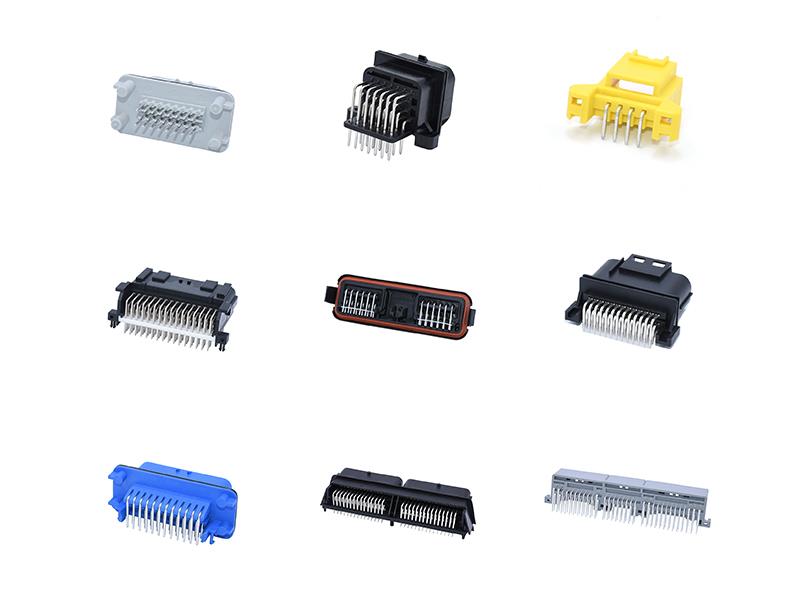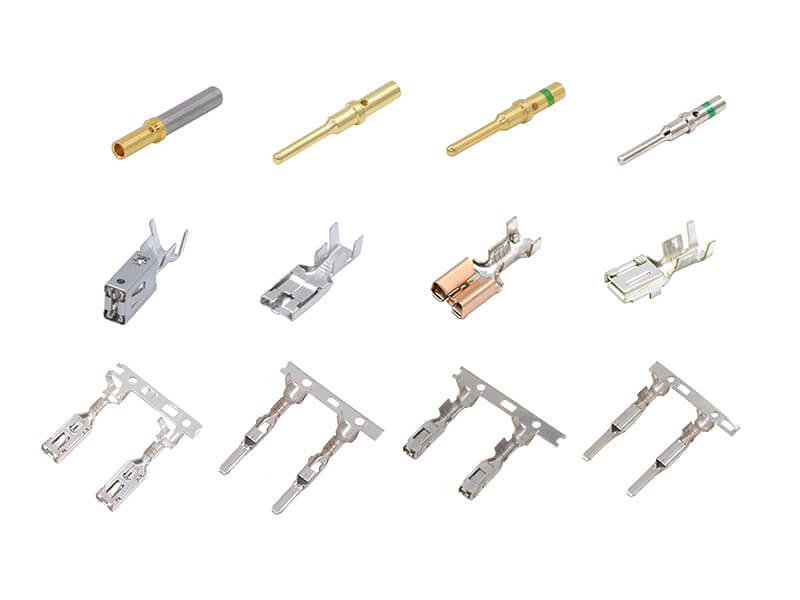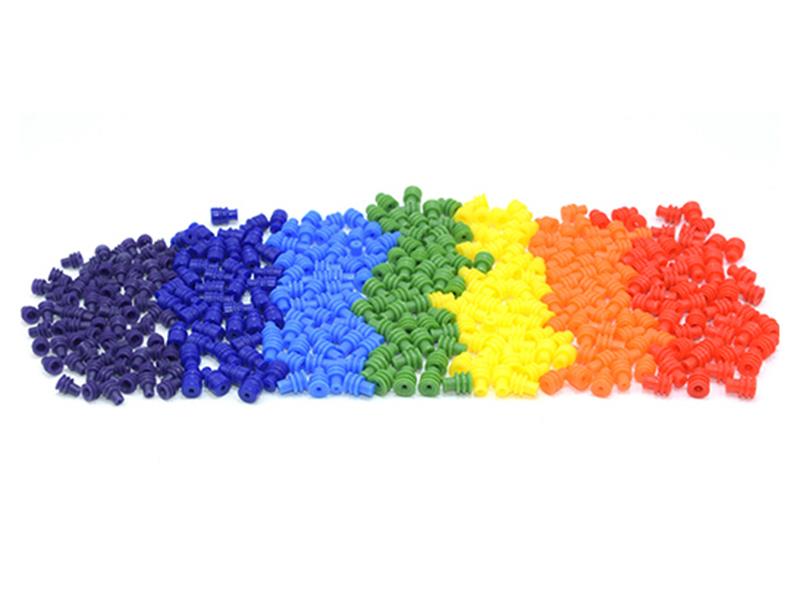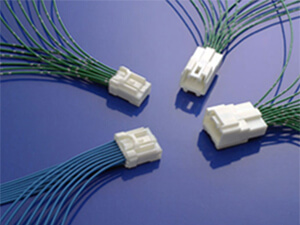Staring at a mysterious plug in your car or motorcycle can be a frustrating experience. Whether you're troubleshooting an issue or adding a new accessory, the first step is often identifying that connector.


Here’s a straightforward guide to help you solve the puzzle.
1. Start with Location
The connector's location tells you a lot about its purpose and design.
Engine Bay: Look for sealed, waterproof connectors designed to handle heat and moisture. Common on sensors (oxygen, crankshaft), ignition coils, and fuel injectors.
Under the Dashboard: Expect complex, multi-pin connectors for ECUs, instrument clusters, and stereos.
Lighting: Headlights and tail lights often use standardized but varying plugs
Motorcycle Handlebars: Simple, small-pin connectors for switches (turn signals, horn), often housed within the control units.
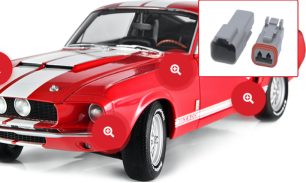
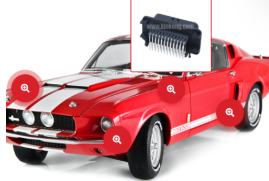
2. Examine the Physical Traits
Become a connector detective. Note these key features:
Housing Shape: Is it rectangular, circular, or trapezoidal?
Locking Mechanism: Look for a simple clip, a sliding latch, or a screw-on collar.
Seals: A rubber grommet or seal indicates a weather-proof connector.
Pin Count & Type: How many pins? Are they male (pins) or female (sockets)?
3. Know the Common Families
Recognizing these major types can quickly narrow your search:
Metri-Pack (TE Connectivity): Extremely common in automotive engine bays and body harnesses.
Deutsch Connectors: Rugged, often used in heavy-duty, motorcycle, and industrial applications. Known for their durable pin-latch system.
Molex & JST: Common for in-cabin electronics and smaller devices.
Putting It All Together
You find a 2-pin, sealed connector with a sliding latch near your motorcycle's engine. Location suggests a sensor. The sliding latch and seal point to a common sealed series like a Deutsch DT or Metri-Pack. A quick search for your bike's model and "coolant temp sensor connector" will likely confirm the exact type.
For engineers and procurement specialists, accurately identifying these components is just the first step. Sourcing them reliably is the next. At Minmax Co., we understand the critical role these tiny components play in complex systems. Our expertise ensures you get the right connectors for your project needs.For more insights into automotive connector solutions and technical guides, you can visit:www.minmaxco.com

